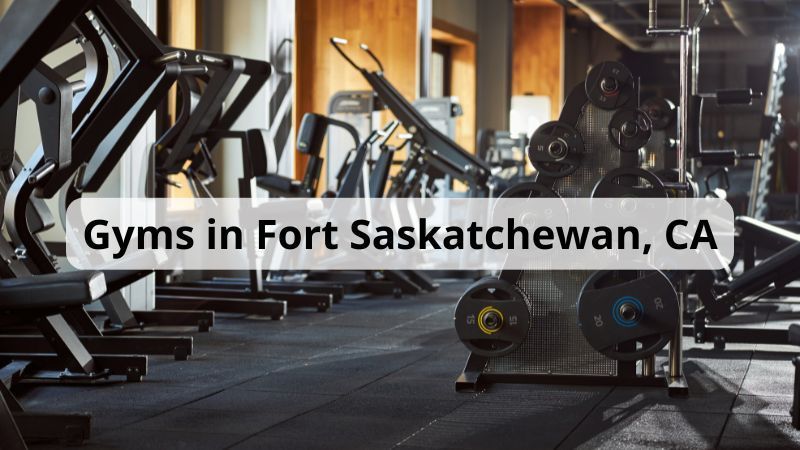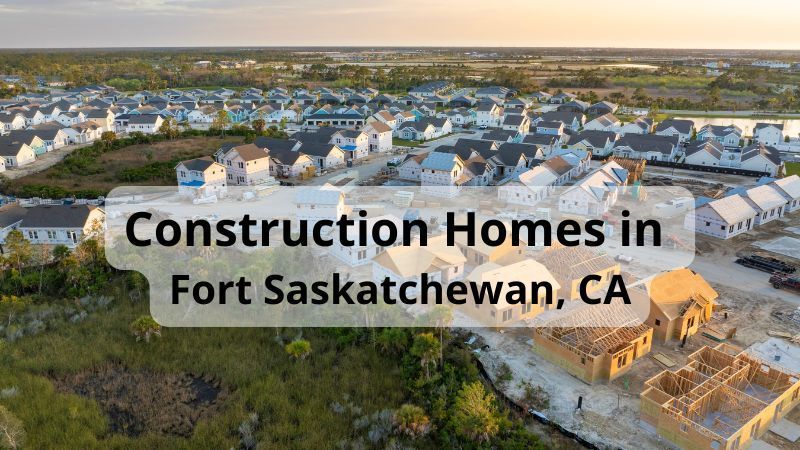Canadian Residency Process Explained
Becoming a Canada resident is a dream for many, offering diverse opportunities and a welcoming society. Canada provides several immigration options to make this dream a reality.
Overview of Canada's Immigration Programs
Canada has a variety of immigration programs to suit different needs. These include:
- Express Entry: Ideal for skilled workers aiming for quicker processing.
- Provincial Nominee Programs (PNP): Tailored for specific regional labor needs.
- Family Sponsorship: Allows Canadian citizens and permanent residents to sponsor relatives.
- Quebec-Selected Skilled Workers: A unique program for those wishing to live in Quebec.
- Start-Up Visa Program: For entrepreneurs who intend to start businesses in Canada.
Each program has its own rules and criteria, making it important to choose the one that aligns with your qualifications and intentions.
Differences Between Temporary and Permanent Residency
Understanding the distinction between temporary and permanent residency is crucial:
- Temporary Residency is for non-immigrants who plan to stay in Canada for a limited time, such as students or temporary workers.
- Permanent Residency (PR) allows people to live and work in Canada indefinitely, offering most of the rights of Canadian citizens except voting rights.
Benefits of Canadian Residency
The advantages of becoming a Canada resident are numerous:
- Access to universal healthcare
- High quality of life and public services
- Multicultural and immigrant-friendly environment
- Opportunities for education and employment
Eligibility Criteria: Are You Qualified?
Understanding the eligibility criteria is the first step towards becoming a Canada resident. Different programs have specific requirements, and knowing these will help you decide the best path to take.
Express Entry System: Who Can Apply?
The Express Entry System is a competitive immigration pathway for skilled workers. It uses a points-based system called the Comprehensive Ranking System (CRS) to evaluate candidates. Key criteria include:
- Age: Being younger can earn you more points.
- Education: Higher education levels increase your score.
- Work Experience: Skilled work experience is crucial.
- Language Proficiency: Knowledge of English and/or French is essential.
- Job Offer in Canada: While not necessary, it can boost your score.
To qualify, you must first create an online Express Entry profile and receive an Invitation to Apply (ITA) based on your points score.
Provincial Nominee Programs (PNP): What You Need to Know
Provincial Nominee Programs (PNP) allow provinces and territories to nominate individuals who wish to immigrate to Canada and settle in a particular province. Essential elements include:
- Specific Skills: If a province needs certain skills, they may prioritize candidates with those abilities.
- Strong Ties to the Province: Having studied or worked in a province can be advantageous.
- Application to the Province: Candidates need to apply directly to the PNP before seeking federal approval.
PNPs are ideal for those with ties to specific provinces or unique skill sets that meet provincial demands.
Family Sponsorship: Bringing Families Together
The Family Sponsorship Program allows Canadian citizens and permanent residents to sponsor eligible family members, such as:
- Spouse or Common-Law Partner
- Dependent Children
- Parents and Grandparents
Sponsors must demonstrate financial stability to support the family members they are bringing to Canada.
The Application Process: Navigating Steps to Success
Understanding and preparing for the application process is crucial for a smooth journey toward Canadian residency. Each program has distinct steps, but knowing the general process can help prevent confusion and mistakes.
Preparing Your Application: Key Documents Required
Standard documentation is required across most programs, including:
- Valid Passport: A current passport is essential.
- Language Test Results: Proof of language ability in English or French (IELTS/TEF).
- Educational Credentials: Degree certificates and evaluation (ECA) for education completed outside of Canada.
- Work Experience Proof: Letters of employment, pay stubs, or tax documents.
- Medical Examination: Must be from an authorized panel physician.
- Police Clearance Certificate: From each country you have lived in.
Gathering and organizing these documents ahead of time can streamline your application process.
Express Entry Steps: From Profile Creation to Invitations to Apply
The steps to apply for the Express Entry program are as follows:
- Create an Online Profile: Enter personal and professional details to evaluate eligibility.
- Receive a CRS Score: Based on factors such as age, education, and work experience.
- Get into the Express Entry Pool: Compete with other candidates.
- Receive an Invitation to Apply (ITA): If your score is high, you may receive an ITA.
- Submit Application for Permanent Residency: You have 60 days to apply after receiving the ITA.
Provincial Nominee Program Application Procedures
The PNP application process involves:
- Research and Choose a Province: Look into provincial needs and see where you fit.
- Apply to the Province: Submit an application for nomination directly to the province.
- Obtain Nomination Certificate: If selected, the province will grant a nomination.
- Apply to Federal Government: After receiving provincial nomination, apply through Express Entry or a paper application.
Family Sponsorship Application Steps
To sponsor a family member, you need to:
- Check Eligibility: Ensure you're eligible to sponsor and your family members are eligible as applicants.
- Submit Sponsorship Application: Includes proof of relationship, sponsor’s financial status, etc.
- Complete Permanent Residence Application: The family member applies simultaneously for permanent residence.
Challenges and Common Mistakes
The path to becoming a Canadian resident, while rewarding, can be complex. However, awareness of potential challenges and common pitfalls can significantly enhance your chances of success.
Understanding the Point System and Language Requirements
Express Entry applicants must grasp the Comprehensive Ranking System (CRS):
- CRS Points System: Points are awarded based on factors like age, skills, and work experience. Understanding how to optimize your score is crucial.
- Language Requirements: Proficiency in English or French can significantly influence your score. Achieving a high score on language tests such as IELTS or TEF can give you an edge.
Living in Canada as a Resident: What to Expect
Transitioning to life in Canada involves more than just the paperwork. Understanding your new environment will help ensure a smooth and successful integration into Canadian society.
Cultural Adjustments: Navigating New Norms
Canada is known for its multiculturalism and open-minded society. Here are some aspects to consider:
- Cultural Diversity: Embrace the rich tapestry of cultures from around the globe.
- Social Norms: Canadians value politeness and friendliness. Simple courtesies, like saying "thank you," are part of everyday interactions.
- Weather Adaptation: Canada’s climate varies widely, from harsh winters to warm summers. Be prepared with appropriate clothing and lifestyle adjustments.
Immersing yourself in the community can help ease the transition.
Finding Employment: Resources and Support
Securing employment is often a top priority for new residents:
- Job Search Platforms: Websites like Indeed, Workopolis, and LinkedIn are popular for job hunting.
- Government Resources: The Canadian Job Bank is a free tool to find jobs matched with your skills.
- Networking: Attend networking events or join professional groups related to your field.
Leverage these resources to speed up the process of finding employment.
Access to Healthcare and Social Services
One of the significant benefits of being a resident is access to high-quality public services:
- Healthcare: Residents have access to Canada’s universal healthcare system, covering most medical services.
- Social Services: Includes support programs such as language training, employment advice, and community activities for newcomers.
Registering for healthcare services soon after arrival ensures you have access whenever needed.
Settling Successfully in Canada
Once your application is approved and you've obtained your residency, the next step is to move and settle in your new home. Here's how to make the transition as seamless as possible.
Moving Logistics: Choosing the Right Moving Company
Relocating your life to another country can be daunting, but planning and organization can make it easier:
- Research Moving Companies: Choose a reputable moving company experienced in international relocations, like Last Stop Moving, which offers comprehensive services tailored for moves to Canada.
- Declutter Before You Move: Reduce costs by decluttering your belongings. Hold a garage sale or donate items you don't need.
- Inventory and Insurance: Make a detailed inventory list and consider purchasing insurance for valuable items.
Important Documents and Registration upon Arrival
Once in Canada, you need to handle a few administrative tasks:
- Register for Healthcare: Apply for a provincial or territorial health card.
- Obtain a Social Insurance Number (SIN): Required for working and accessing government programs.
- Open a Bank Account: It's vital for managing finances. Many banks offer newcomer packages with special benefits.
Building a Community: Networking and Social Groups
Integrating into your new community can help make Canada feel like home:
- Join Local Groups: Participate in sports, arts, or cultural clubs to meet new people.
- Attend Community Events: Look for local events and workshops. Libraries and community centers are good places to find listings.
- Use Online Platforms: Engage in community discussions on platforms like Facebook or Meetup.
Embracing a New Beginning: A Final Word on Becoming a Canada Resident
As you embark on this transformative journey to become a Canada resident, keep in mind the multitude of opportunities awaiting you in this diverse and welcoming country. By understanding the immigration options, planning your application carefully, and preparing for life in Canada, you are setting the stage for a successful transition.
At Last Stop Moving, we understand the complexities involved in such a significant life change. Our expert team is here to help you make this journey as smooth as possible, allowing you to focus on the exciting new chapter ahead. Whether it’s the packing, the paperwork, or the practicalities of settling in, we’re committed to supporting you every step of the way.
Canada opens the door to a world of possibilities, and your decision to move here could be the start of enriching experiences and growth. Remember to embrace the journey with patience and an open heart, as you build a new life full of promise in a country renowned for its quality of life, inclusivity, and opportunities.



